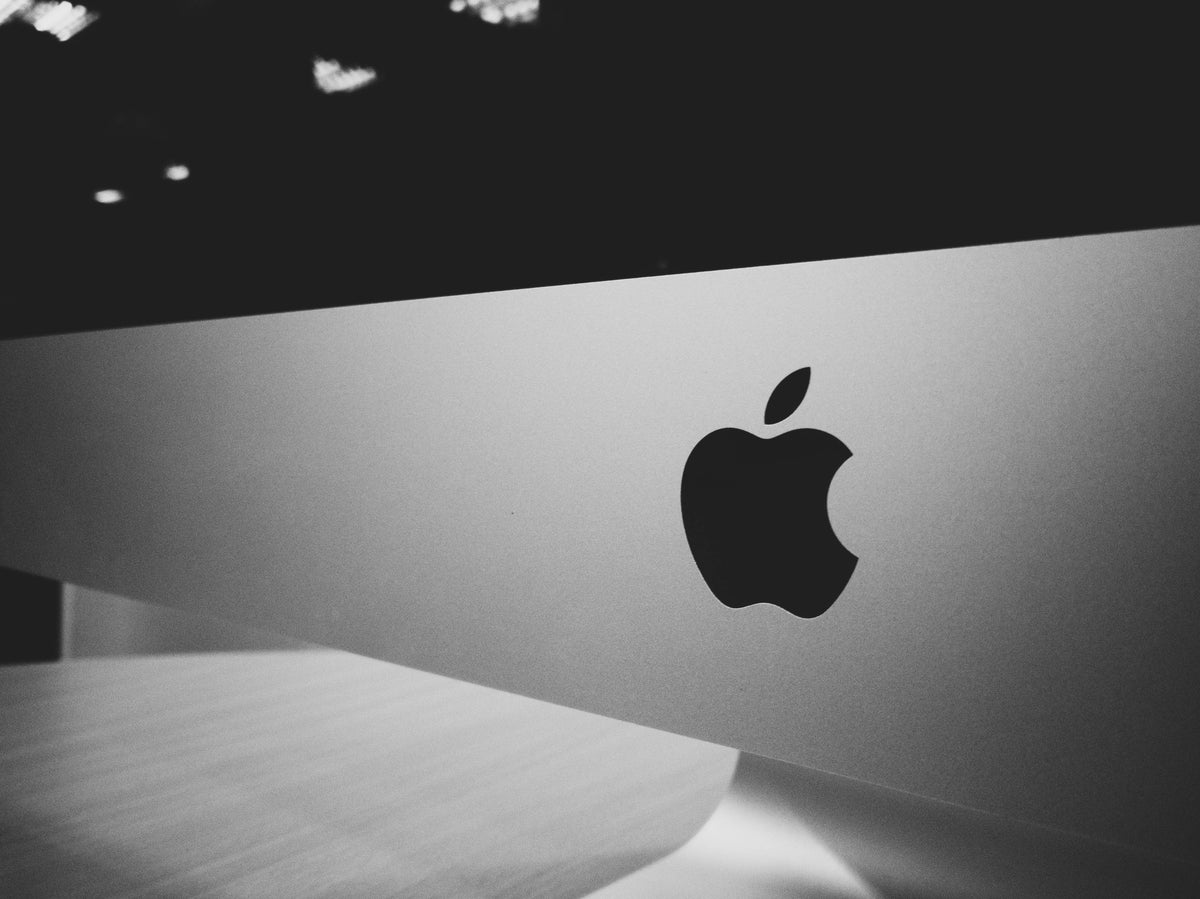
Apple’s $2 Billion Dollar Fine: Major EU Penalty and Its Ripple Effects on the Tech Industry
|
|
Time to read 3 min
|
|
Time to read 3 min
Apple is no stranger to legal battles, but the latest €1.8 billion ($2 billion) fine from the European Union over anti-competitive App Store practices has sent shockwaves through the tech world. This massive penalty, sparked by Spotify's complaint, is just one of several significant developments in the tech industry this week. From Intel's processor changes to Meta's news deal and Google's new emergency feature, let's dive into the details.
The European Union has slapped Apple with a staggering €1.8 billion ($2 billion) fine for anti-competitive practices related to its App Store. This penalty has not only impacted Apple's market value but also reignited discussions about the company's control over its digital ecosystem.
Spotify's Complaint: The investigation and subsequent fine were triggered by a complaint from Spotify. The music streaming giant accused Apple of restricting its ability to inform users about cheaper subscription options available outside the App Store. According to Spotify, these restrictions stifled competition and unfairly favored Apple's own services, such as Apple Music.
This ruling underscores the EU's commitment to ensuring fair competition in the digital marketplace. For Apple, it highlights the need to reassess its App Store policies and adapt to increasing regulatory scrutiny.
In the hardware realm, Intel is making waves with its upcoming Aerol Lake processors, which will be branded as the Core Ultra Series. These new processors are set to feature significant changes in core configurations and manufacturing processes, promising enhanced performance and efficiency.
Core Ultra Series: The rebranding to Core Ultra Series marks a new chapter for Intel, aiming to compete more aggressively in the high-performance processor market. The changes in core configurations suggest a move towards more versatile and powerful computing capabilities, catering to both consumer and enterprise needs.
As Intel continues to innovate, these new processors could set new benchmarks for performance, driving advancements in computing technology and influencing market dynamics.
Meta (formerly Facebook) has announced that it will stop paying Australian news publishers after the current deal expires. This decision could lead to significant backlash from both the publishers and the Australian government.
Potential Government Action: The original deal was struck following Australia's News Media Bargaining Code, which required tech giants to compensate news organizations for using their content. Meta's move to end these payments might prompt government action, potentially resulting in new regulations or legal challenges.
This development raises important questions about the sustainability of digital news funding and the role of tech companies in supporting journalism.
Apple is also facing a class action lawsuit over its cloud storage practices. The lawsuit alleges that Apple engaged in anti-competitive behavior by restricting certain file types to its iCloud service, potentially limiting consumer choice and competition.
Class Action Details: The plaintiffs argue that Apple's restrictions force users to rely on iCloud, rather than exploring alternative cloud storage options. This lawsuit adds to the growing scrutiny of Apple's business practices and could lead to significant changes in how the company manages its cloud services.
As the case progresses, it will be crucial to watch how it impacts Apple's cloud strategy and its relationships with consumers and competitors.
In an effort to enhance safety features on its devices, Google plans to introduce a satellite SOS feature for its Pixel phones. This feature will be developed in partnership with Garmin and will include search and rescue insurance.
Emergency SOS: The satellite SOS feature is designed to provide users with emergency assistance in areas without cellular coverage. By partnering with Garmin, Google aims to offer reliable and comprehensive emergency services, potentially saving lives in critical situations.
This addition to the Pixel phones reflects a broader trend of integrating advanced safety features into consumer technology, enhancing the value and appeal of these devices.
The tech industry is experiencing a period of significant change, driven by legal challenges, innovative advancements, and evolving business strategies. Apple's massive EU fine highlights the ongoing regulatory pressures faced by tech giants, while Intel's new processors and Google's emergency feature demonstrate the relentless pace of technological innovation.
As Meta navigates its news deal challenges and Apple faces new lawsuits, the importance of ethical business practices and consumer trust becomes increasingly evident. By staying informed and engaged, consumers and stakeholders can help shape a more transparent and competitive tech landscape.
Stay tuned for more updates as these stories continue to unfold, impacting the future of technology and its role in our lives.